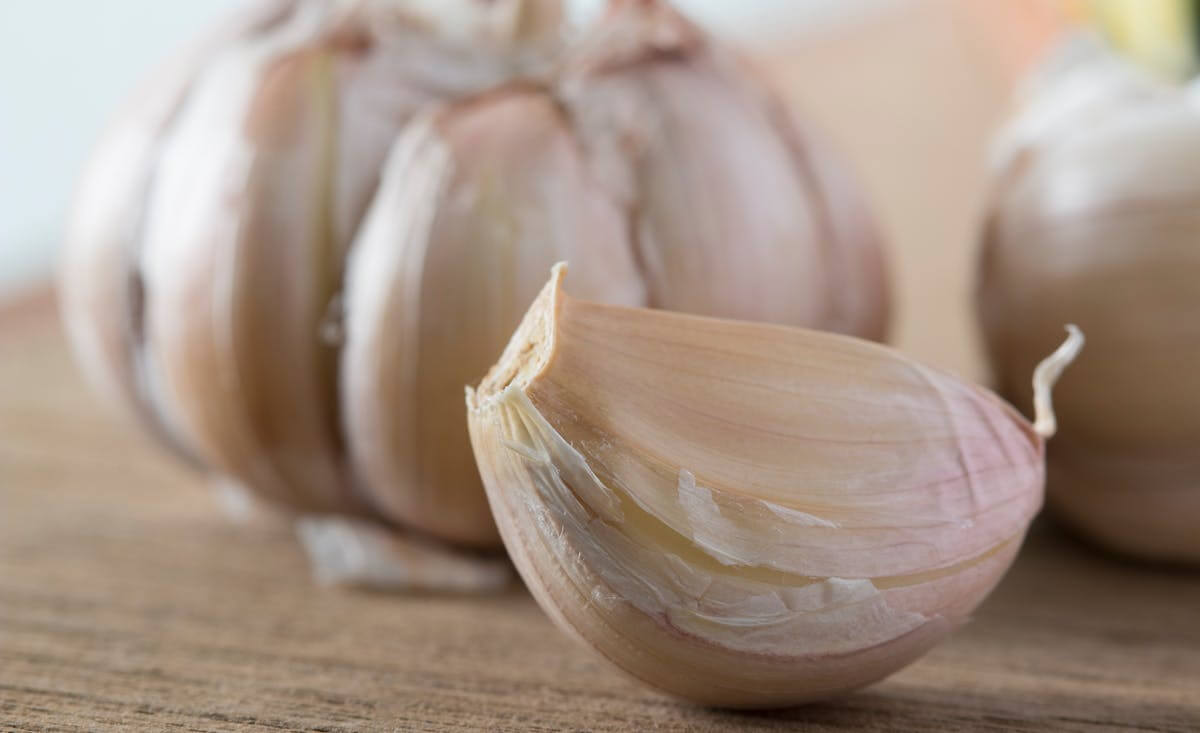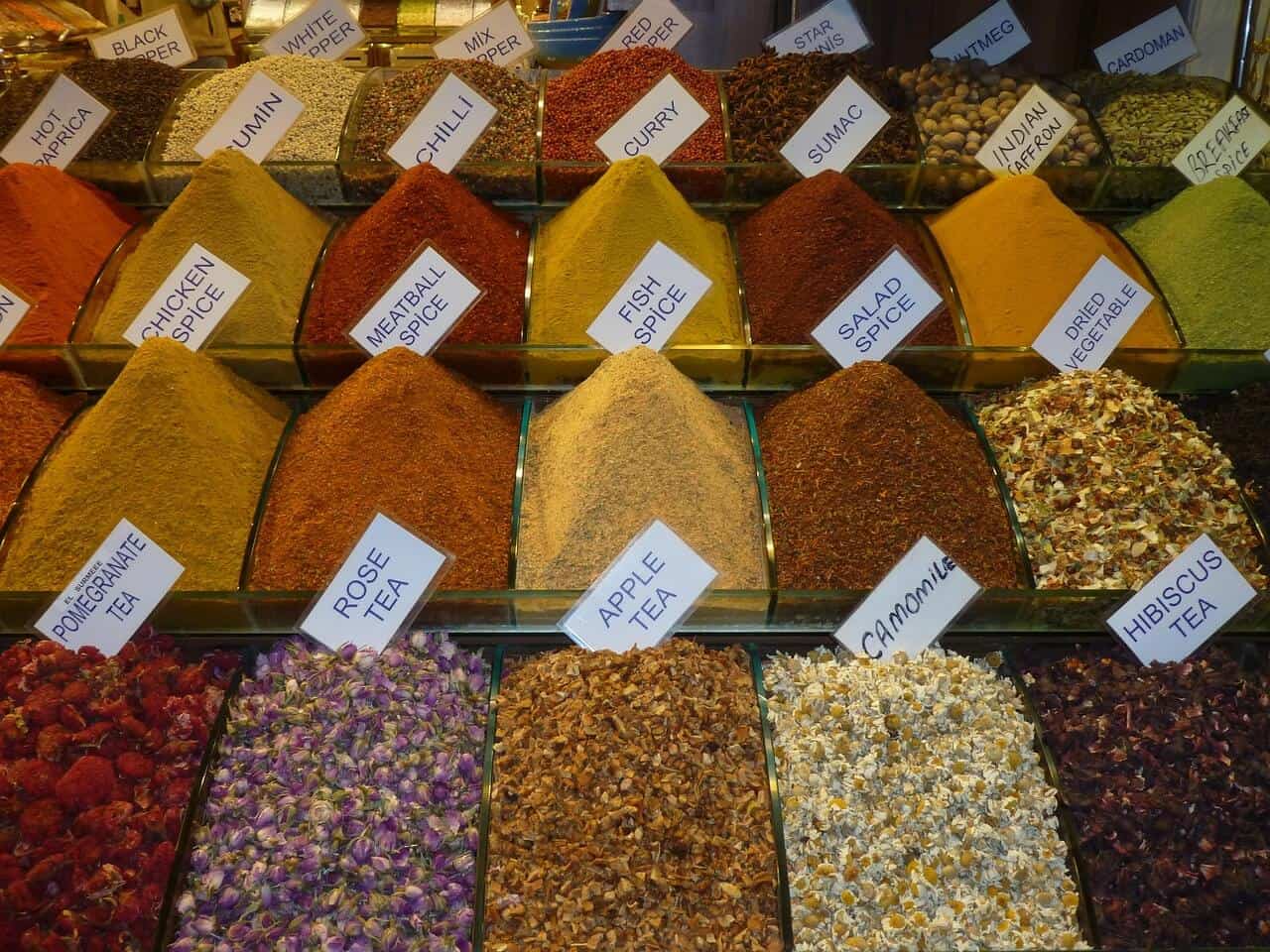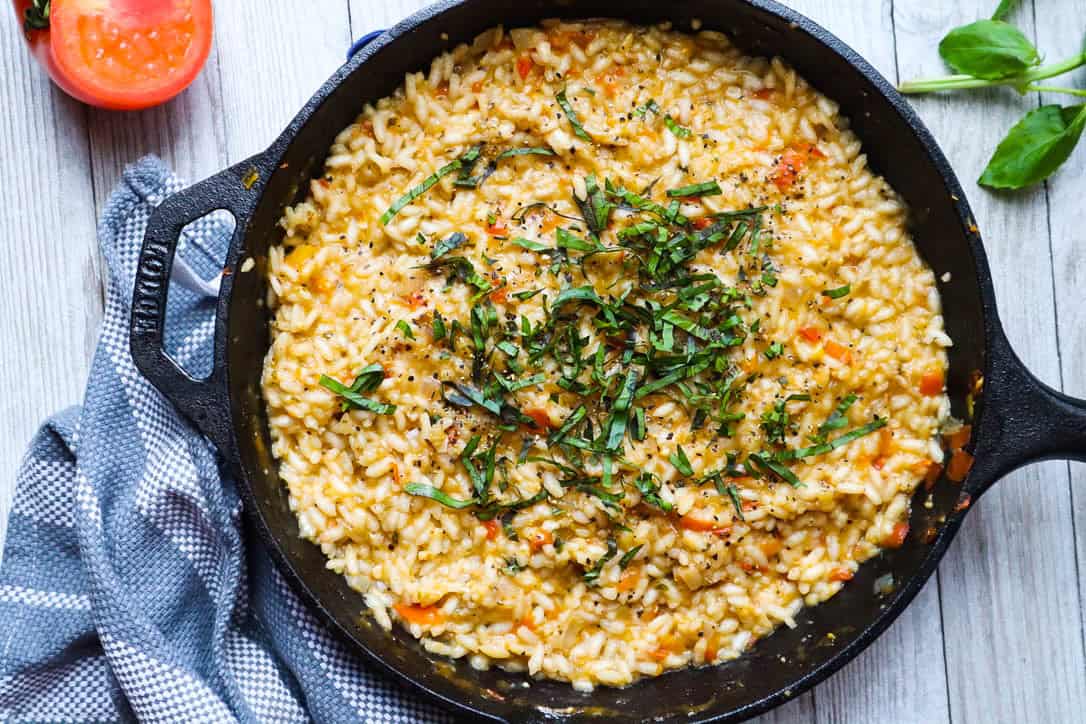Garlic has been a cornerstone of cooking and medicine for thousands of years. This small yet potent ingredient has the ability to transform simple dishes with its bold flavors while offering a wide range of health benefits. From its medicinal properties to its ability to add depth and flavor to various meals, garlic is a true culinary marvel and a health powerhouse that you simply cannot ignore.
In this article, we will explore the history of garlic, its health benefits, why it adds such amazing flavors to food, the recommended daily dosage, and how to manage garlic breath so it doesn’t bother others. Whether you’re already a garlic lover or just getting to know this fascinating ingredient, you’ll soon realize that garlic is not just another seasoning—it’s a must-have in both your kitchen and your daily health routine.
A Brief History of Garlic
Garlic has been used for thousands of years, with its origins traced back to ancient civilizations like the Egyptians, Greeks, and Romans. In ancient Egypt, garlic was revered for its medicinal properties and was even buried with pharaohs. The Greeks and Romans also used garlic extensively, not only in cooking but also as a health tonic. Hippocrates, known as the father of medicine, recommended garlic for treating various conditions, including respiratory issues and fatigue.
Garlic made its way through Europe, Asia, and the Middle East, becoming a staple in many cultures. Today, garlic is grown worldwide and continues to be cherished for both its flavor and health benefits.
The Health Benefits of Garlic
Garlic is much more than just a flavorful herb. It’s packed with nutrients and powerful compounds that can improve your health in multiple ways. Here’s why garlic deserves a spot in your daily diet:
1. Boosts Immune Function
Garlic is well-known for its immune-boosting properties. It contains compounds like allicin, which has antimicrobial, antiviral, and antifungal properties. Consuming garlic can help your body fend off infections, colds, and the flu. Studies have shown that people who eat garlic regularly tend to have fewer and less severe colds compared to those who don’t.
If you’re feeling under the weather, adding raw garlic to your diet might just help you bounce back faster.
2. Improves Heart Health
Garlic has been extensively studied for its benefits to heart health. Regular garlic consumption can help reduce high blood pressure, lower cholesterol levels, and improve overall cardiovascular health. This is due to garlic’s ability to relax blood vessels, making it easier for blood to flow, and its ability to reduce harmful LDL cholesterol.
Additionally, garlic is a natural anti-inflammatory agent, which helps reduce inflammation in the arteries, thereby lowering the risk of heart disease.
3. Aids in Digestion
Garlic can also aid in digestion. It promotes the production of digestive juices and enzymes, which help break down food more efficiently. Garlic can also help maintain the balance of good bacteria in the gut, which is essential for healthy digestion.
4. Supports Detoxification
Garlic is a natural detoxifying agent. It helps the body eliminate toxins by supporting liver function. Garlic contains sulfur compounds, which are essential in producing glutathione, a key antioxidant in the body’s detox process. Regular consumption of garlic can help cleanse the body of harmful substances and promote overall wellness.
5. Promotes Longevity
Some studies suggest that the regular consumption of garlic may contribute to a longer, healthier life. This is likely due to its overall health benefits, including its ability to improve immune function, reduce the risk of chronic diseases, and promote heart health. Garlic also has anti-aging properties, as it is rich in antioxidants that fight free radicals responsible for cellular damage and aging.
6. Anti-Cancer Properties
Garlic has been studied for its potential role in preventing certain types of cancer. The sulfur compounds in garlic, including allicin, may help protect against stomach, colon, and prostate cancers. These compounds have been shown to inhibit the growth of cancer cells, making garlic a valuable addition to a cancer-prevention diet.
Why Garlic Adds Incredible Flavor to Meals
Garlic’s distinct flavor is one of the most loved and recognized in the culinary world. Its ability to enhance the taste of virtually any dish makes it a versatile and irreplaceable ingredient in the kitchen. But why does garlic add such an incredible flavor to meals?
Garlic’s pungent aroma and taste come from its sulfur-containing compounds, particularly allicin. When garlic is chopped, crushed, or minced, the cells are broken, and allicin is produced, creating that signature sharp, slightly spicy flavor that mellows out during cooking. This flavor adds depth to dishes and pairs well with a wide range of ingredients, from meats and vegetables to sauces and soups.
Garlic can be used raw, roasted, sautéed, or minced into a paste. It is versatile enough to be used in almost any savory dish, and its flavor changes depending on how it’s cooked. Raw garlic has a strong, spicy bite, while roasted garlic is sweet and creamy. Sautéed garlic, on the other hand, offers a mild, nutty flavor that enhances the overall taste of a dish.
Garlic also acts as a flavor enhancer by releasing glutamates, natural compounds that trigger our taste buds to experience “umami” or savoriness. This is why garlic is so often used in cooking, as it rounds out flavors and brings out the best in other ingredients.
How Much Garlic Should You Eat Daily?
Garlic is undoubtedly healthy, but how much should you eat each day to reap its benefits? The recommended daily dosage of garlic is typically about 1 to 2 cloves per day for adults. This amount is enough to deliver garlic’s health benefits without overwhelming your system.
Eating too much garlic, especially raw, can cause digestive upset, heartburn, or even garlic breath. While it’s unlikely you’ll overdose on garlic, moderation is key to ensuring you enjoy its benefits without experiencing discomfort.
If you prefer taking garlic supplements instead of fresh garlic, make sure to follow the instructions on the supplement’s packaging or consult with a healthcare provider for the correct dosage.
How Often Can You Eat Garlic?
You can eat garlic every day, as long as it’s consumed in moderation. Incorporating garlic into your daily meals can help you maintain good health and boost your immune system. Whether you add garlic to your salad dressings, sauces, stir-fries, or roasted vegetables, it’s easy to make garlic a regular part of your diet.
However, if you are taking blood thinners or are scheduled for surgery, it’s essential to consult with a healthcare professional before increasing your garlic intake, as it can have blood-thinning effects.
How to Deal With Garlic Breath
While garlic is loved for its flavor, it’s notorious for causing bad breath, also known as “garlic breath.” This happens because the sulfur compounds in garlic are absorbed into the bloodstream and then released through the lungs and pores, which can leave you with a lingering odor.
Fortunately, there are ways to enjoy garlic without bothering those around you:
1. Eat Parsley or Mint
Chewing fresh parsley or mint after eating garlic can help neutralize the strong odor. These herbs contain chlorophyll, which acts as a natural deodorizer.
2. Drink Milk
Studies have shown that drinking milk with or after a meal containing garlic can reduce garlic breath. The fat content in milk helps neutralize the sulfur compounds responsible for the odor.
3. Lemon Juice
Lemon juice can help neutralize garlic breath as well. The citric acid in lemons can break down sulfur compounds, making the odor less potent.
4. Use a Tongue Scraper
Brushing your teeth alone may not be enough to eliminate garlic breath. Using a tongue scraper to clean your tongue can help remove food particles and sulfur compounds that contribute to bad breath.
5. Drink Green Tea
Green tea is rich in antioxidants, which can help neutralize the compounds that cause garlic breath. Drinking a cup of green tea after a garlic-heavy meal can refresh your breath and promote digestion.
Conclusion: Garlic—The Culinary and Health Powerhouse
Garlic is more than just a flavorful herb—it’s a nutritional powerhouse that offers numerous health benefits, from boosting the immune system to improving heart health and promoting longevity. Whether you’re using it to enhance your meals or improve your health, garlic deserves a place in your kitchen and on your plate.
The versatility of garlic in cooking, along with its potent medicinal properties, makes it a must-have ingredient for anyone looking to live a healthier, more flavorful life. While garlic breath may be a minor downside, there are easy ways to manage it without sacrificing the incredible benefits garlic has to offer.
So, the next time you’re whipping up a meal, don’t hesitate to toss in a clove or two of garlic. Your body—and your taste buds—will thank you!















